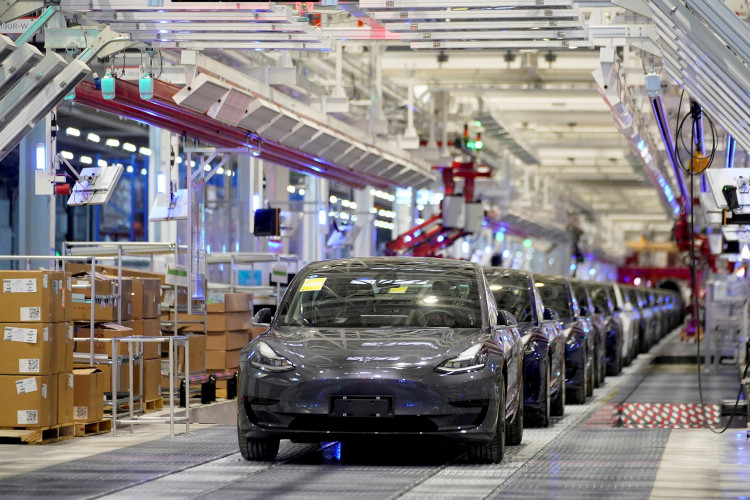A global shortage of semiconductors, or computer chips, for automakers will last until the second-half of this year and postpone the industry's full recovery until 2023 at the earliest as leading manufacturers start to ramp up production led by Taiwan, according to reports.
What is now the most serious problem faced by automakers began in the second-half of 2020 when plummeting demand for cars forced major chip makers to shift production towards consumer electronics and mobile phone firms.
This shift left companies like Germany's Robert Bosch GmbH (the world's largest car parts supplier) and Continental AG struggling to keep the auto industry supplied. Computer chips are essential for vehicle touch screens, driver assistance and infotainment systems. The average vehicle has anywhere from 50 to 150 chips.
"I do think by middle of the year, we should be starting to catch up," said Randy Abrams, managing director and the head of Taiwan Research in the Equity Research Department at Credit Suisse.
"For the first time in a long time, semiconductors are limiting auto production," he added.
Abrams said the global chip tightness will see car companies in for "a tough couple of quarters catching up to those orders."
The chip shortage means car sales in Europe and the U.S. "will not rebound to pre-COVID levels until 2023 at the earliest," according to the Boston Consulting Group.
Major chip suppliers to the auto industry are Taiwan Semiconductor Manufacturing (TMSC), the world's top chip maker, Samsung Electronics, Intel and Advanced Micro Devices (AMD).
German Federal Minister for Economic Affairs and Energy Peter Altmaier had earlier written to the Taiwanese government, hoping chipmakers will boost production for German automakers.
Altmaier urged TSMC, which accounts for more than 50% of the global pure-play foundry market, to solve the shortage problem.
Taiwan immediately responded to urgent appeals from car firms and governments to ramp-up production. On Wednesday, Taiwan's top chip makers agreed to assign capacity to manufacture chips for use in vehicles, said Minister of Economic Affairs Wang Mei-hua.






